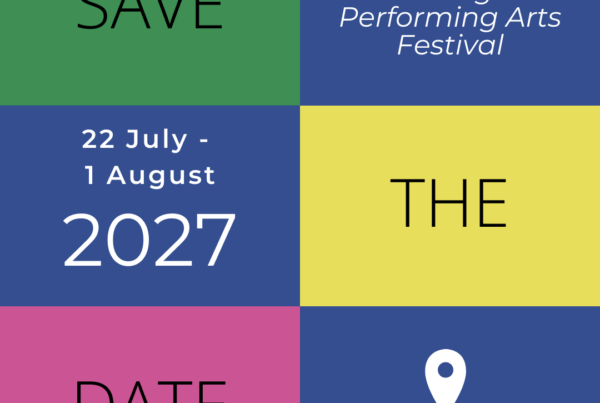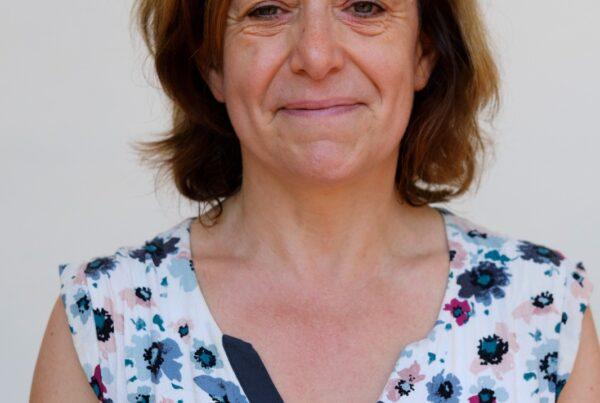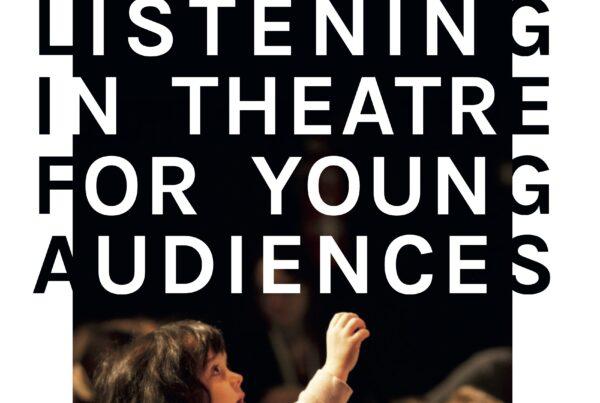July every year since 2008 has been designated as Black Indigenous People of Color (BIPOC) Mental Health Awareness Month. ASSITEJ International should lend its voice to this awareness creation. In tandem with the buzz around the world “Black Lives Matter”, it is instructive that the American Psychiatric Association holds the informed view that only one in three African Americans who need mental health care are able to get it. This is another example of how institutional segregation disadvantages on the basis of ‘race’. It has been shown that the arts are central to mental health and as TYA practitioners, we should be ensuring that children and young people who may be discriminated against in other spheres, have access to meaningful arts engagements to ensure their well-being, self-esteem and opportunities for healing.
The outcry against racism has been loudest in our times and several souls have been lost in its din. Labelled “minorities”, these groupings are put in a box and are forced to fit in no matter the shape of the box. This “boxing-in” has been in existence for centuries and the victims are consistently the blacks and other minorities who are gagged, choked, suffocated and traumatized. The quests by past and present Human Rights Activists and Civil Rights Movements have always been for each individual to be treated first and foremost as a human being. The latest of such is the civil unrest that arose after the unwarranted gruesome murder of George Floyd, a black American citizen on May 25, 2020, by the Police in Minneapolis, USA. The protest following this act was phenomenal as people defied the lockdown occasioned by the COVID-19 pandemic and poured onto the streets. The movement has come to be known as BLACK LIVES MATTER (#blacklivematters) and has spread around the globe, while also resurrecting issues that border on racism.
The lumping of some minority groups into one amorphous and monolithic title of Black, Indigenous, People of Colour (BIPOC), is a deliberate statement on racial segregation and separation which groups all minorities as the “other” against a majority. ASSITEJ International, as a body should be conscious of the fact that not all groupings within our ASSITEJ International community are captured in this acronym. While efforts are being made to underscore the principle of inclusivity, we should not allow the lumping of minorities together to blur the lines of distinctness and uniqueness or allow it to prevent us from acknowledging the diversity of each individual and cultural group, without notions of superiority or inferiority.
There is no logic as to why any skin pigmentation should act as the trigger for racial inequality and the denial of human rights. The demands of the modern age include among other things a paradigm shift in thought processes and how we relate to each other as a human being first and foremost. There should be a conscious and deliberate effort expressed in words and in action and seen to be accommodating of others with varying (and presently stereotyped) skin pigmentations.
In terms of offices, appointments, placements, collaborations and casting, it should be intentional that the principle of inclusivity is adhered to within ASSITEJ International as a body and in all its activities. So, when the term inclusivity is used in the practice of TYA, it is not selective in definition, but inclusive in the real sense of the word and in every aspect of our undertakings without any racial bias, representing the many different cultures that unite in the world of makers of theatre for children and young people.
We should remember to avoid the triggers to negative mental health conditions in our theatre relationships, be these individual, inter-personal, institutional or organizational, as we navigate the new normal in the practice of TYA in the post COVID-19 era. We need each other and no group is sufficient to itself or superior to another. The COVID-19 pandemic has expressly taught us the lesson of our common humanity. Let ASSITEJ International intentionally raise an inclusive generation that fights any discrimination on the basis of so-call ‘race’.
Pamela Udoka
President, ASSITEJ Nigeria
Member, Executive Committee, ASSITEJ International
Theatre Artiste & Clinical Psychologist
Member, Nigerian Association of Theatre Arts Practitioners (mNANTAP)
Member, Nigerian Psychological Association (mNPA)
Member, Nigerian Association of Clinical Psychologists (mNACP)






